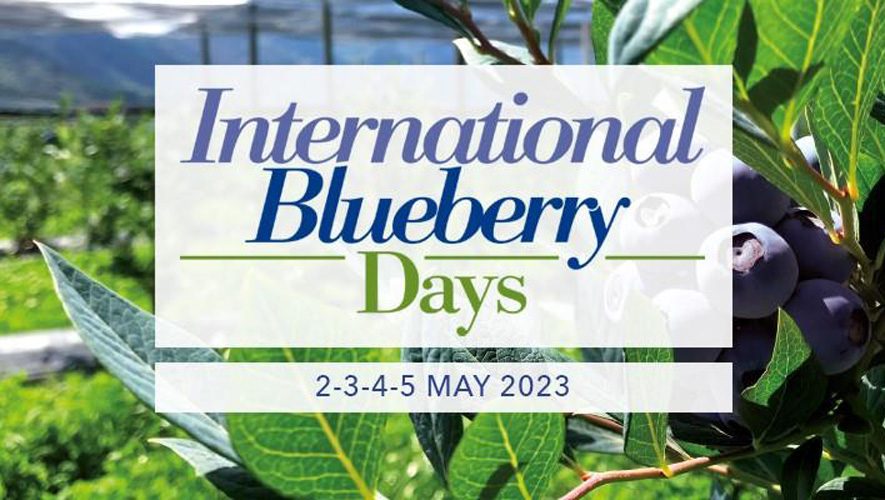According to reports, a study conducted by the University of Southern California (USC), American consumers are attracted to foodstuff with healthy and environment-friendly labels over vegan food labels. The study that was conducted among 7500 US adults, reveals that they were far less likely to choose a gourmet gift basket without meat or dairy if it was labeled vegan or plant-based. The Journal of Environmental Psychology published these findings at the Society for Risk Analysis Annual Meeting in Washington, D.C.
The study shows that people believe eating less meat and dairy products is better for the environment as the processing of these two categories of products contributes to the high amount of greenhouse gas emissions.
Wändi Bruine de Bruin, the study co-author and co-director of the Behavioral Sciences Program at the USC Schaeffer Center for Health Policy & Economics said, “The word ‘vegan’ has a negative connotation, focusing on the health and environmental benefits is helpful because a lot of people are increasingly concerned about eating food that is healthy and good for the planet”.
The study findings:
- 27% of participants chose the vegan basket that was labeled “plant-based,” only slightly better than the “vegan” label (20%).
- 42% chose the vegan basket when it was labeled “healthy,” 43% when it was labeled “sustainable,” and 44% when it was labeled “healthy and sustainable.”
- This labeling effect was consistent across socio-demographic groups but was strongest among self-proclaimed red meat eaters.
There’s an urgent need for people to modify their behaviors to aid the environment, noted co-author Joe Árvai, Director of the USC Dornsife Wrigley Institute for Environmental Studies.
“We live in deeply polarized times where even the mere mention of certain words and phrases – from ‘climate change’ to going ‘vegetarian’ – can trigger people into inaction or, worse, even higher levels of unsustainable consumption,” Árvai said.
“That’s why studies like this are so important,” he continued. “They help us to understand how to talk about some of the most important issues of our time in a way that motivates action without causing half the country to tune us out.”
Bruine de Bruin, who is also Provost Professor of Public Policy, Psychology, and Behavioral Science at the USC Sol Price School of Public Policy, added that the results are promising because labels are relatively cheap and easy to change: “Supermarkets, stores, and restaurants can choose to change how they market products and themselves, based on these findings.”
The research was conducted as part of the Understanding America Study, a nationally representative internet survey of U.S. adults from the Center for Economic and Social Research, located within the USC Dornsife College of Letters, Arts and Sciences. Survey participants were told that some of them would be randomly selected to receive the gift basket of their choice.
“These questions were fielded in our end-of-year survey, which is one of our study members’ favorites,” said co-author Tania Gutsche, Co-Director, Center for Economic and Social Research and Study Manager of the Understanding America Study. “USC researchers are given the opportunity to ask a limited number of questions on whatever their pet topic is, and exploring diet labeling and choice is also one of mine.”
Center for Economic and Social Research funded the data collection, where as the National Science Foundation grant SES 2125616, the USC Schaeffer Center and the USC Wrigley Institute funded the study. Other contributors include lead author Patrycja Sleboda, a former Research Associate at the USC Wrigley Institute and Visiting Scholar at the Schaeffer Center, and Sleboda, Assistant Professor of Psychology at Baruch College, City University of New York.



